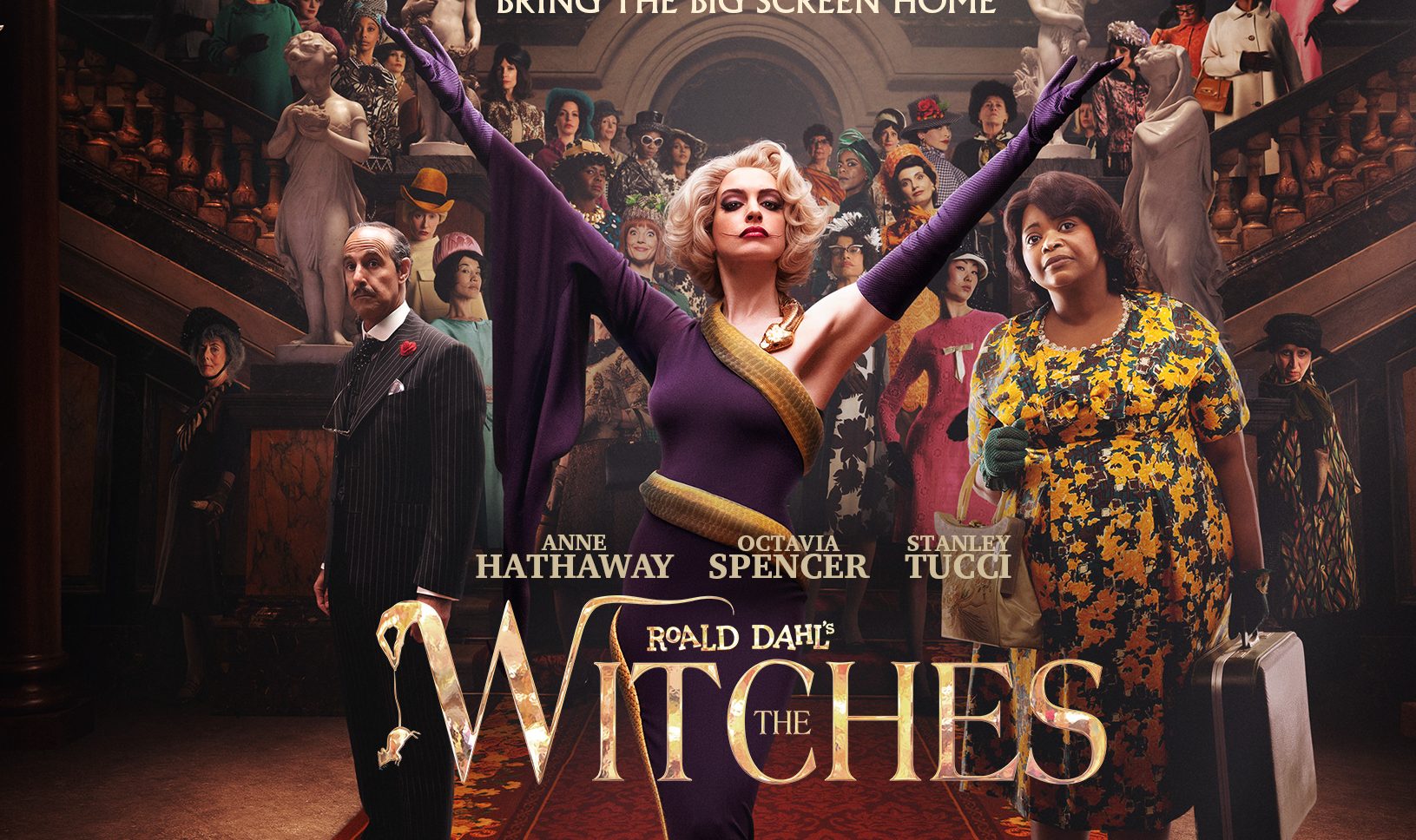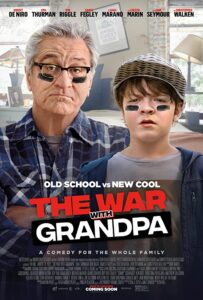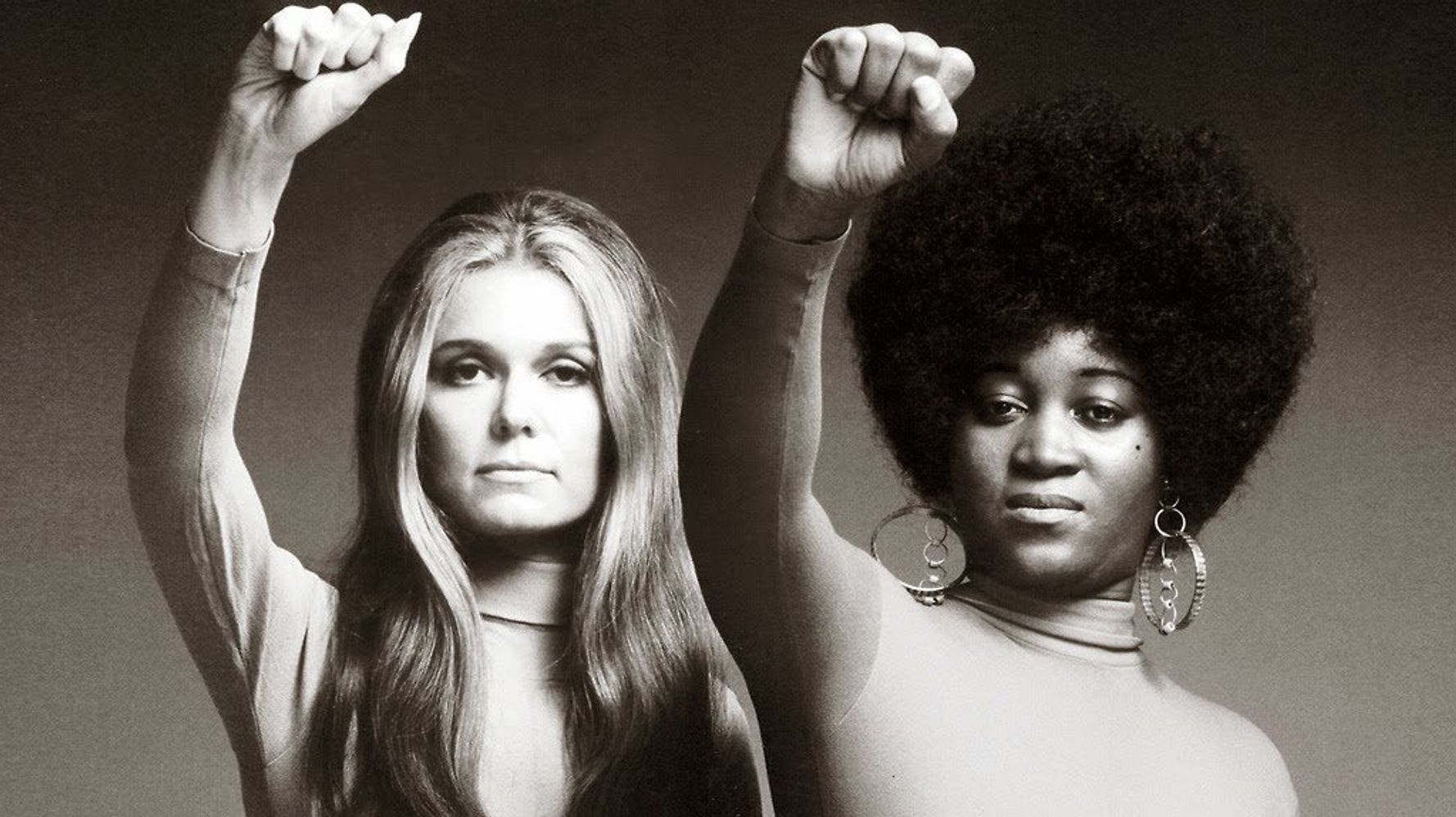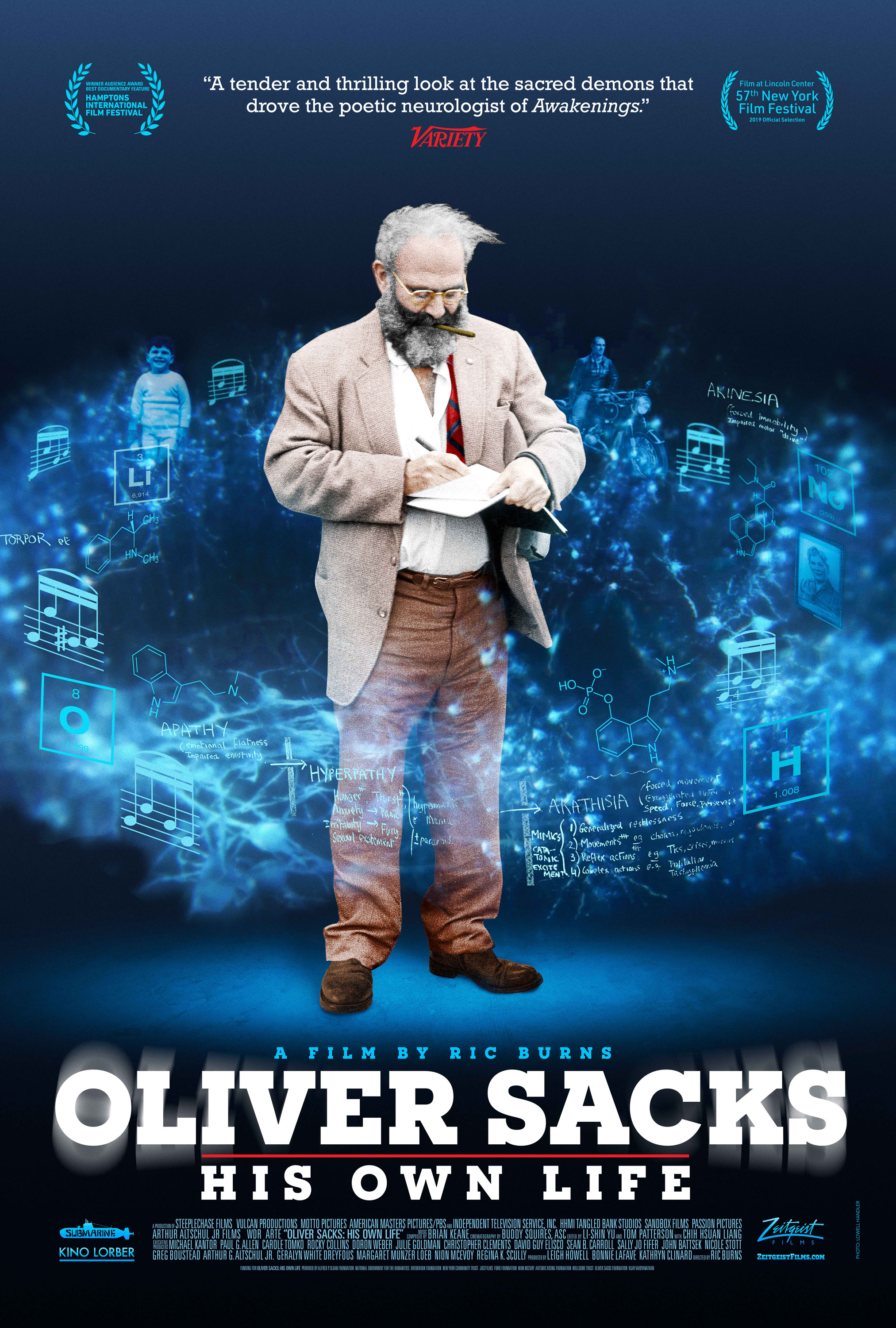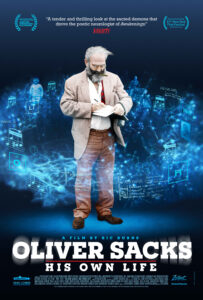The Witches (2020)
Posted on October 22, 2020 at 12:00 pm
B| Lowest Recommended Age: | 4th - 6th Grade |
| Profanity: | Some schoolyard language |
| Alcohol/ Drugs: | Magical potions |
| Violence/ Scariness: | Extended comedy/fantasy peril, children and witches transformed into animals, sad death of parents in auto accident |
| Diversity Issues: | Diversity issues of the era briefly referred to |
| Date Released to Theaters: | October 22, 2020 |
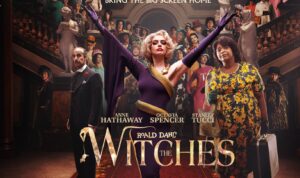
The witches are back. First there was the the 1963 book by Roald Dahl (author of Charlie and the Chocolate Factory, James and the Giant Peach, the BFG, Matilda, and some creepy stories for grown-ups, too). Then there was the 1990 movie, starring Angelica Huston (and making a significant change to the ending). And now, CGI fantasy-master Robert Zemeckis (“Forrest Gump,” “Back to the Future”) gives us his version, starring two Oscar-winners and co-written with Kenya Barris of “Black-ish” and “Girls Trip.”
“Witches are as real as a rock in your shoe…They’re here and they live amongst us,” the narrator immediately identifiable as Chris Rock tells us. And “witches hate children. They get the same pleasure from squishing a child as you get from ice cream with butterscotch sauce and a cherry on top.”
Then we go back in time to 1968. The setting of the book and the first movie has been moved from Norway and England to a Black community in Alabama. Jahzir Bruno plays the unnamed boy whose parents are killed in an automobile accident in the first few minutes. His grandmother (Octavia Spencer) comes to get him. He’ll be living with her, in the house where his mother grew up. He describes her as “quick to give you a spanking if you deserved it or a hug if you need it.” She comforts him. And when he has a scary encounter with a gloved woman in a hat who offers him candy, she starts to tell him what she knows about witches.
She had her own encounter with a witch as a child, when one turned her best friend into a chicken. And so, to keep him safe, she takes him to a grand hotel. Unfortunately, it turns out the hotel is also hosting a convention of witches, led by the Grand High Witch (Anne Hathaway, relishing the opportunity to vamp up a storm).
One element of the story that has not aged well is the way it dwells on the physical deformities of the witches, bald, with scabby scalps, huge, gaping mouths, claw hands, and no toes. Even though the witches are not human, the association of disabilities with evil is less palatable than it once was. (Anne Hathaway has apologized for the insensitivity of this portrayal.)
Zemeckis sometimes gets so caught up in the visual effects that he overlooks the story, but here the visuals are almost entirely in service of the story, especially after the boy is turned into a mouse (which, adorably, he quite likes) and we get to see things from his angle. Dahl’s story provides a strong foundation, and Spencer, who could easily have phoned in a role like this, gives it her substantial all. I’d still give the 1990 version the edge, but it is good to see the original ending restored and this is a worthy Halloween treat.
Parents should know that this film has fantasy peril and violence and some disturbing images. A child’s parents are killed in a car accident. Children are turned into mice. Witches have physical deformities including huge, scary, gaping mouths. There is some schoolyard language and there are understated references to racism of the era.
Family discussion: Why did the boy like being a mouse? What was the scariest moment in the movie? Why do the witches do what the Grand High Witch tells them?
If you like this, try: the 1990 film with Angelica Huston and the book by Roald Dahl, as well as the movies based on his other books, including “Matilda,” “Willy Wonka and the Chocolate Factory,” “James and the Giant Peach,” and “The BFG”

